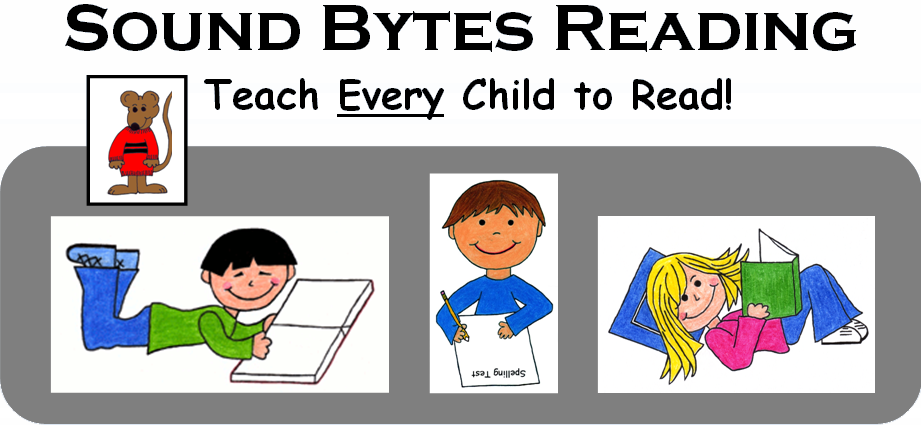Teaching Children to Share
 Recently I watched some younger parents teaching their young children to share their toys and cooperate in activities. Threes and fours sometimes find it a little bit difficult to share because they now know the difference between what is “mine” and what is “yours.” They even may be a little concerned that sharing something means losing it.
Recently I watched some younger parents teaching their young children to share their toys and cooperate in activities. Threes and fours sometimes find it a little bit difficult to share because they now know the difference between what is “mine” and what is “yours.” They even may be a little concerned that sharing something means losing it.
It is easier to share when there are two of something and you can have one and I can have one. It is a little harder when we have to share one of something. Most of us can remember having to divide a cookie or other treat and wanting to be sure the dividing was fair so our sibling wouldn’t get the bigger piece.
Sharing does not mean that one child always gives up something for the other child. It means that both children get something in turn. “First, you can play with this; then I can play with it. Next time, I can play with it first, and then you can have it after me.”
My sister and I used to “play house” when we were little and she was always the mom (she was older so she made the rules) and I had to be the dad. Eventually I wanted to be the mom, but she did not want to be the dad. So we both pretended to be moms and the dads were gone to work. We both got what we wanted. Win—win.
The children I was observing needed a little pep talk because there was only one toy that they both wanted to play with. It was a simple puzzle and might have been constructed together except that one child had not had much practice with putting puzzles together. They were encouraged to share by letting one child put the puzzle together, then take it apart, and let the other child take a turn putting it together. Eventually one child helped the other child begin to learn how to match up and connect the pieces. Win—win.
Why is it important to teach children to share? What difference does it make if they learn to share or not?
Not only does learning to share benefit young children immediately by building happy and cooperative relationships with their peers, it will also benefit them for the rest of their lives. In order to share, you have to put the other person first at least half of the time. You have to understand that their desire to have or play with something you want is very much like yours.

A child who does not learn to share becomes selfish and will not make a good mate in the future. The negotiating and communication skills that children learn from their parents and the give and take that enables them to share their toys as children, will help them listen to and strive to understand another person as an adult.
Sharing is a very important skill to teach our children when we look at the long term benefit. Learning to negotiate and share during play helps children overcome their initial self-centered thinking, so that their relationships as adults can have the goal of “I win and you win,” rather than “I win and you lose.” Teach your children to share. It’s a win—win.
